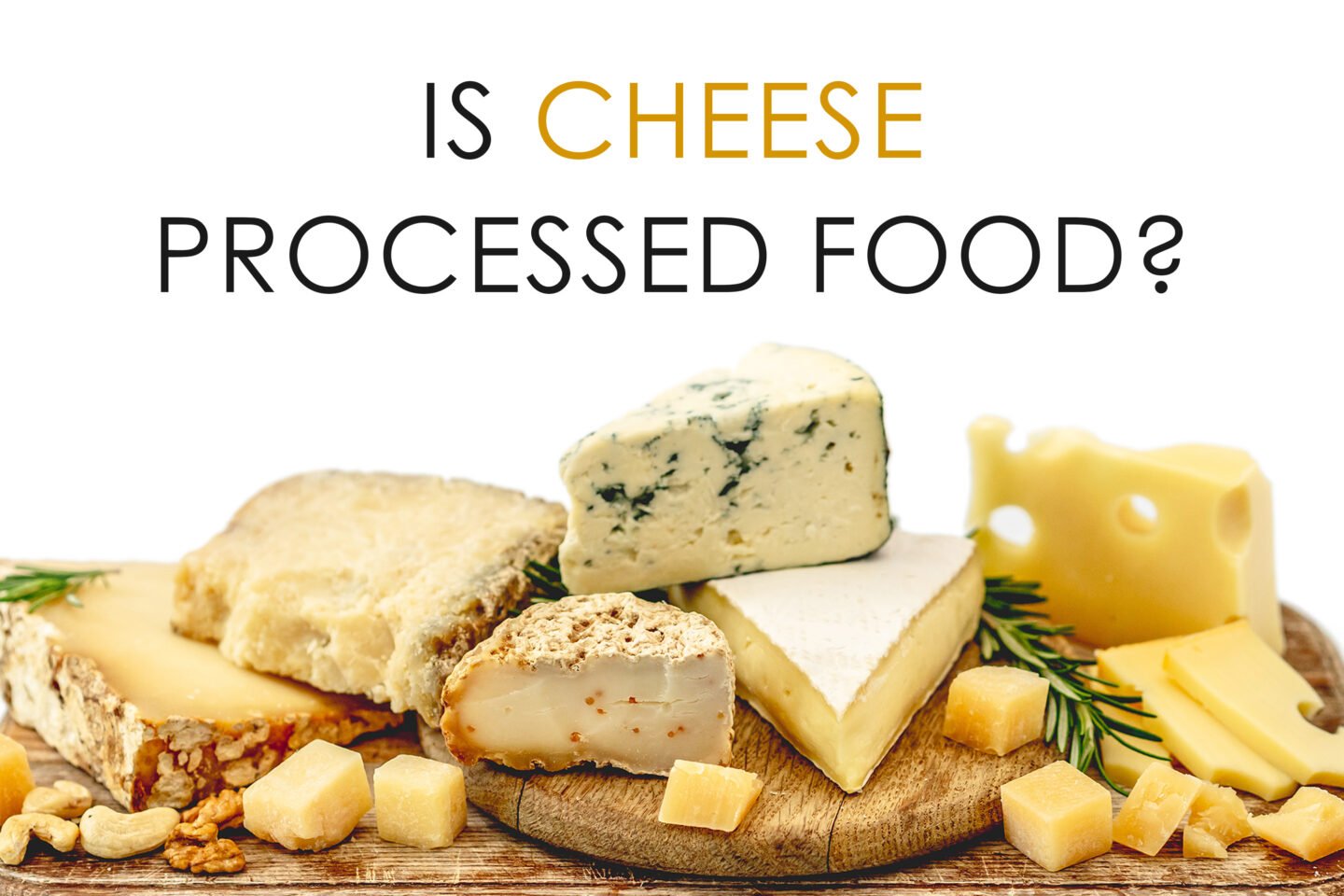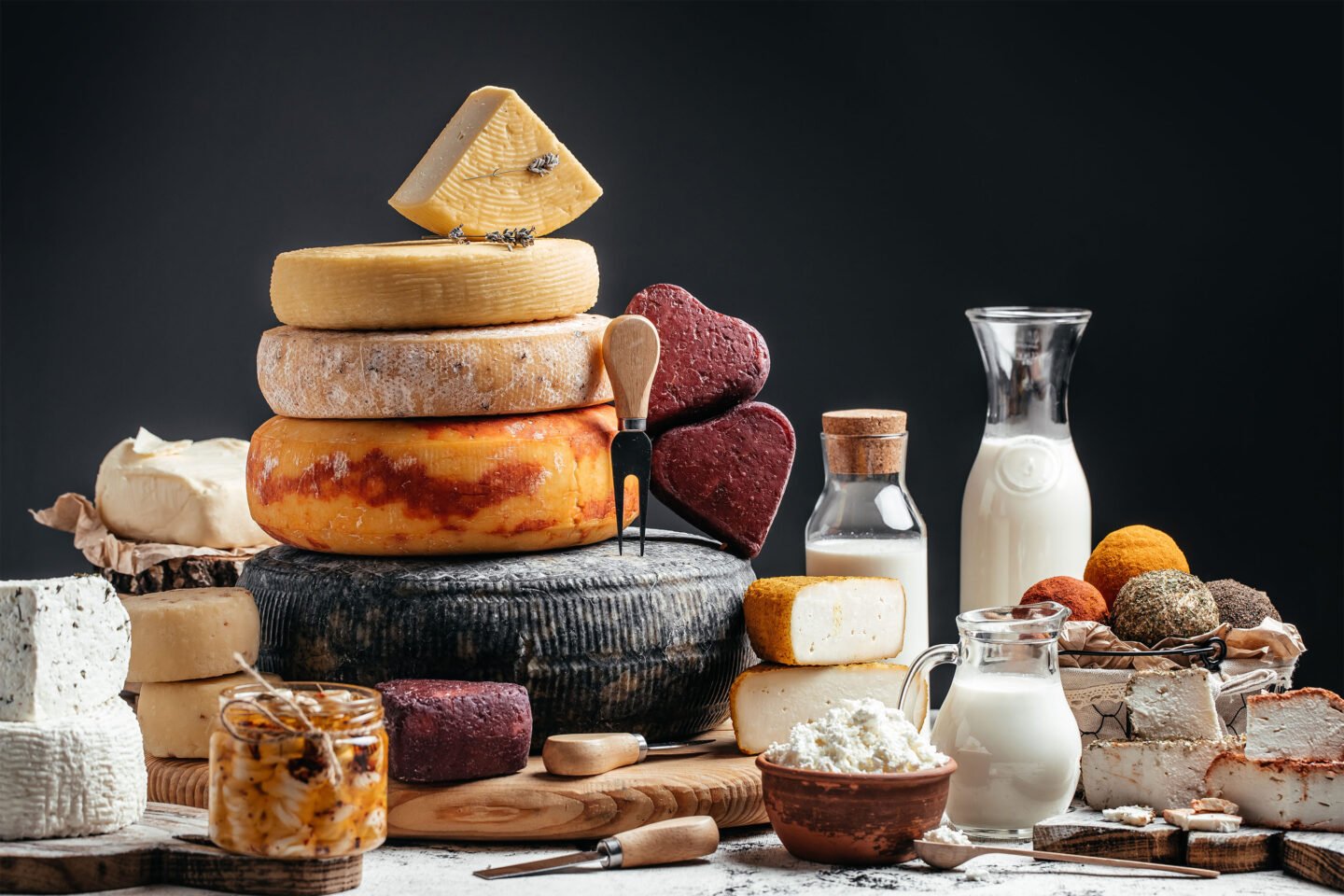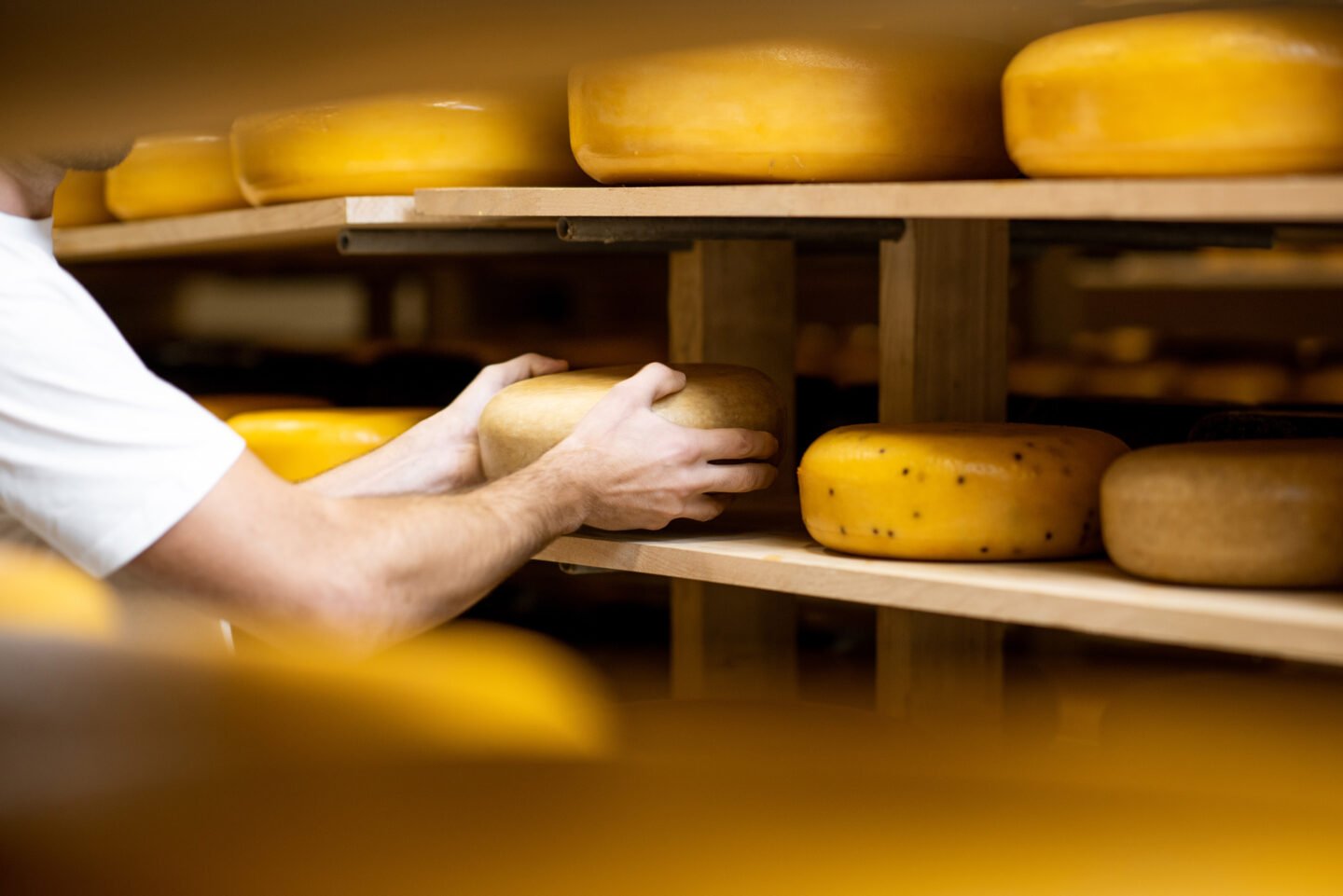Your diet shouldn't contain too many processed foods, as they contain additives that, if consumed in large amounts, can negatively impact your health.

However, many modern foods are processed, and staying away from them all is exceedingly difficult. The amount of processing a food has undergone also makes a difference, with highly processed foods being more detrimental to your health than those that are less processed.
Nothing seems more like a natural product than cheese, but is that the case?
Table of Contents
Is Cheese a Processed Food?
Cheese is processed food, as milk has other ingredients added to it to produce the finished product.
However, it isn’t an ultra-processed food and is a healthy addition to any balanced diet.
Why Is Cheese a Processed Food?
Processed foods have additives like oil, sugar, or salt added to them, and as cheese is milk with salt, enzymes, and other ingredients added, it's processed.
Although most cheeses are healthy, cheese dips or spreads are highly processed and contain much more sodium, preservatives, emulsifiers, and artificial flavors and colors, so they aren't as good for you.
Is Cheese Good for You?

Most of the calories in cheese come from fat and protein, with one ounce of cheddar cheese containing 14% of the recommended daily intake of both. Fat and protein keep you feeling full longer after eating, contributing to healthy weight loss. Protein builds lean muscle mass and improves exercise performance.
Cheese is an excellent source of calcium, which contributes to healthy bones and teeth and supports muscle, nerve, and heart function. Calcium also lowers your risk of developing high blood pressure, a heart attack, and some cancers.
High-fat cheeses, such as blue, cheddar, or brie, contain conjugated linoleic acid, which research suggests can reduce inflammation and help prevent heart disease and obesity. Reducing inflammation may help prevent cancer and diabetes.
White cheeses like mozzarella and cottage cheese are high in vitamin B12, which aids in DNA and red blood cell formation. It also protects your brain and nervous system.
Are Some Cheeses Not Processed?
All cheeses are processed, but some, like blue cheese or brie, are less processed than others. They also contain bacteria that benefit your health.
Traditional types of cheese like cheddar, Emmentaler, or gouda are healthier than flavored or herbal ones.
Is Cheese Bad for You?
Cheese is a healthy addition to most diets, as it contains protein, healthy fats, vitamins, and minerals.

However, it's high in calories, with an ounce of cheddar containing 113, so eat it in moderation.
Conclusion
Although processed, cheese is an excellent source of nutrients. It's rich in protein, vitamin A, calcium, and phosphorus, for starters. So it's an excellent addition to a healthy, balanced diet.
